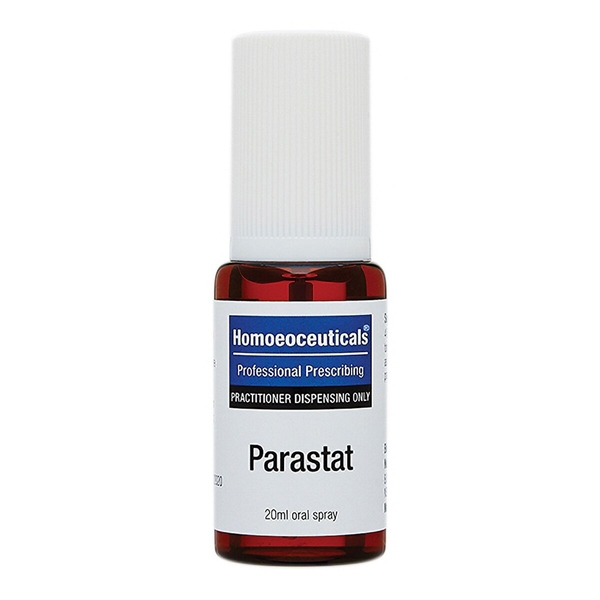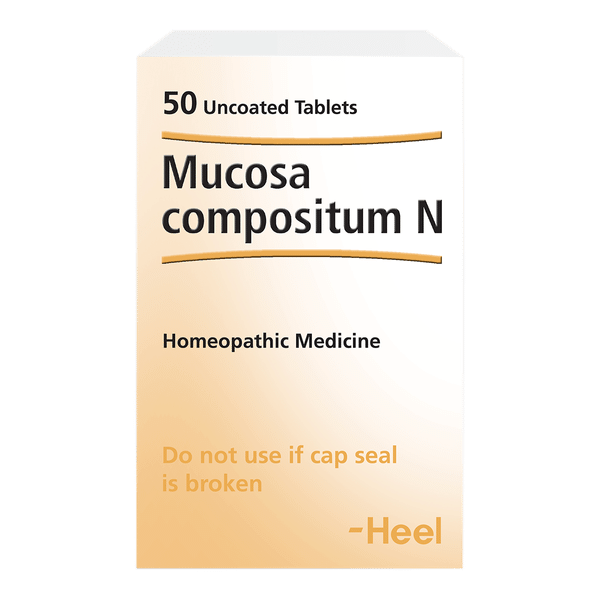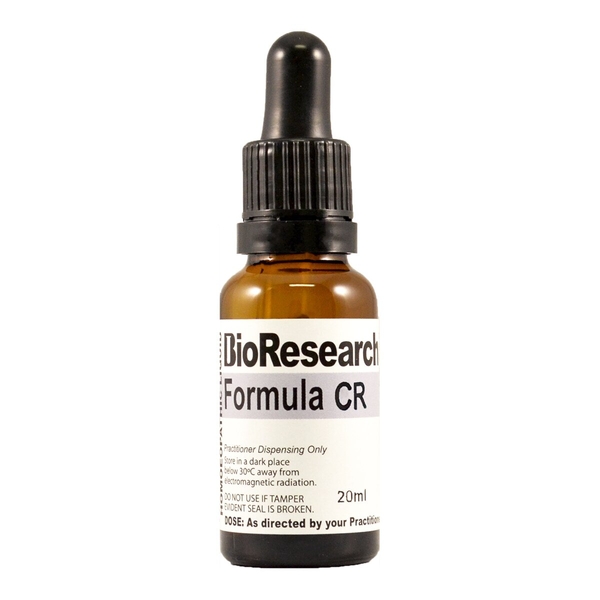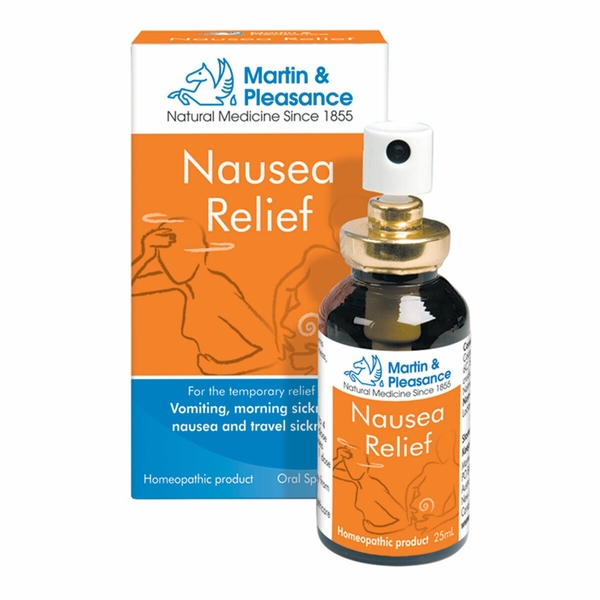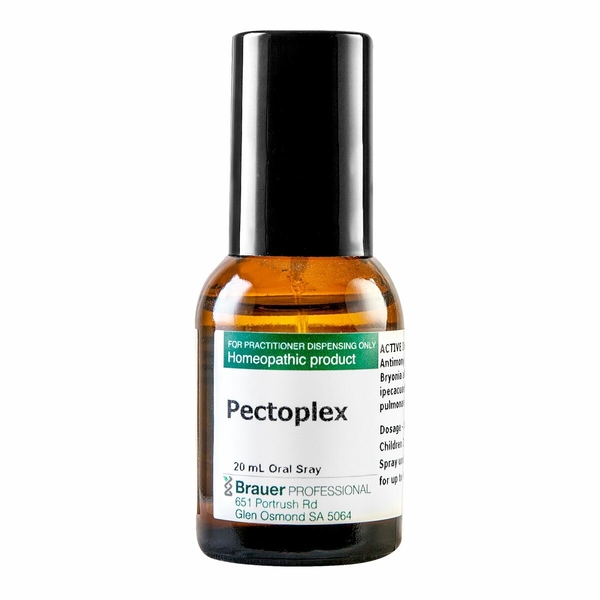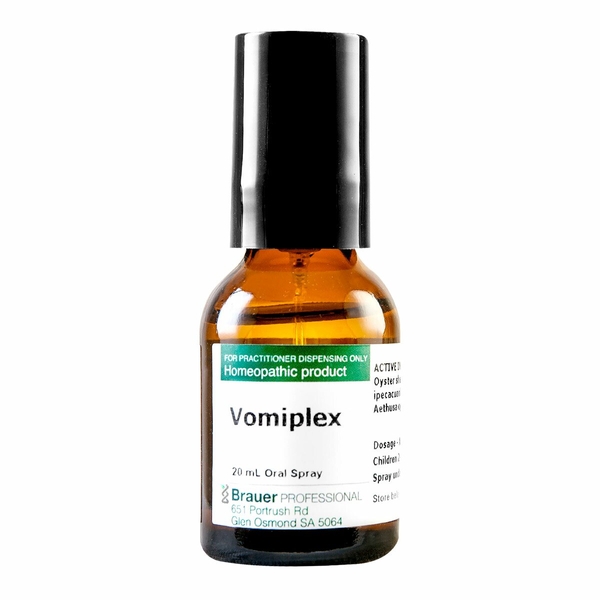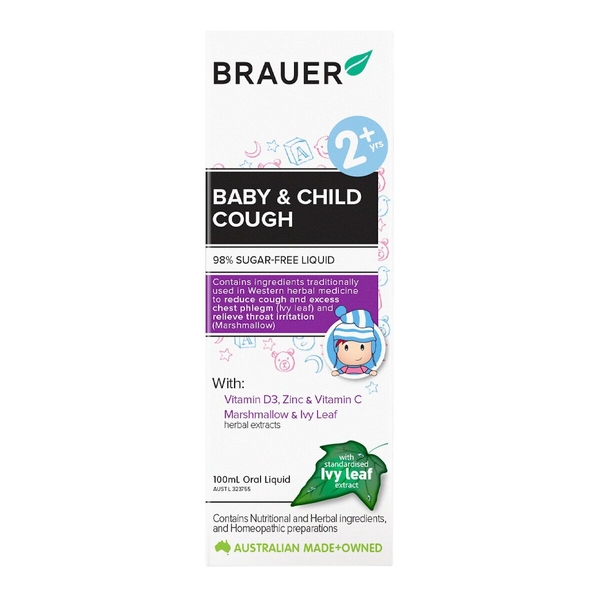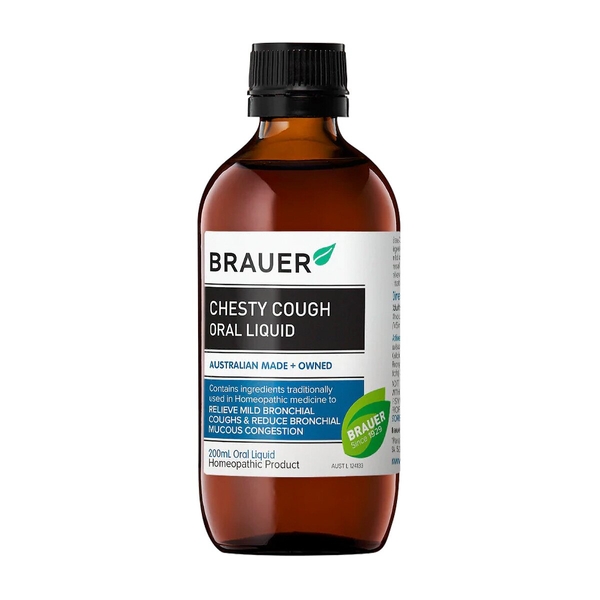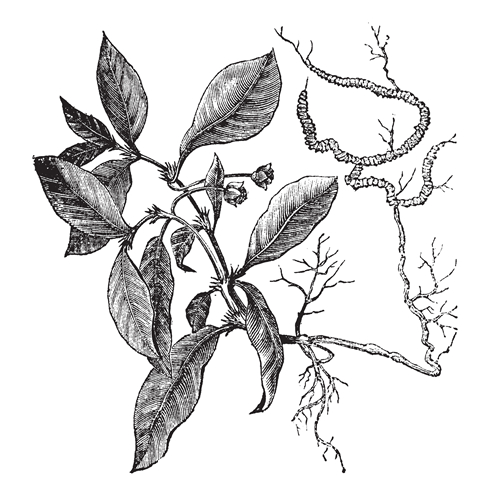
Ipecac
Scientific names: Psychotria ipecacuanha, Callicocca ipecacuanha, Cephaelis acuminata, Cephaelis ipecacuanha, Uragoga ipecacuanha, Uragoga granatensis
Family: Rubiaceae
Alternate names: Brazil Root, Brazilian Ipecac, Cartagena Ipecac, Ipéca, Ipéca du Brésil, Ipéca du Nicaragua, Ipéca du Panama, Ipecacuana, Ipécacuana, Ipecacuanha, Matto Grosso Ipecac, Nicaragua Ipecac, Panama Ipecac, Racine Brésilienne, Rio Ipecac
Actions: Emetic, Neurologic
Background
Ipecac is a small shrub. It grows in parts of Central America and Brazil. The root is used to make medicine. Ipecac syrup is available both as a nonprescription product and as an FDA-approved prescription product. But using ipecac can be unsafe when used long-term or in large amounts.
Ipecac is most commonly used to cause vomiting after suspected poisoning. It is also used for croup, severe diarrhea, and cancer, but there is no good scientific evidence to support any of these uses.
Ipecac is most commonly used to cause vomiting after suspected poisoning. It is also used for croup, severe diarrhea, and cancer, but there is no good scientific evidence to support any of these uses.
Safety Safety definitions
When taken by mouth: Ipecac 15-30 mL is POSSIBLY SAFE for most people when taken one time as a single dose. It can cause nausea, vomiting, stomach irritation, dizziness, low blood pressure, shortness of breath, and a fast heartbeat. Ipecac is LIKELY UNSAFE when taken by mouth long-term or in doses greater than 30 mL. Misuse of ipecac can lead to serious poisoning, heart damage, and death. Signs of poisoning include difficulty breathing, digestive tract problems, abnormal heart rates, blood in the urine, convulsions, shock, coma, and death.
When applied to the skin: Ipecac is POSSIBLY UNSAFE when allowed to touch the skin. Ipecac contains emetine, which can irritate the skin.
When inhaled: Ipecac is POSSIBLY UNSAFE when inhaled. Ipecac contains emetine, which can irritate the respiratory tract.
When given by IV: Ipecac is LIKELY UNSAFE when injected at a dose of more than 1 gram. Misuse of ipecac can lead to serious poisoning and death. Signs of poisoning include digestive tract and brain and nerve problems, blood in the urine, and death.
Breast-feeding: There isn't enough reliable information to know if ipecac is safe to use when breast-feeding. Stay on the safe side and avoid use.
Children: Ipecac is POSSIBLY SAFE for children when used appropriately as a prescription product to induce vomiting. But the American Academy of Pediatrics' recommendation to keep a 1-ounce bottle of syrup of ipecac at home has recently been reversed. The new statement reads, "Syrup of ipecac should no longer be routinely used as a poison treatment intervention in the home." The thinking is that keeping ipecac at home hasn't been proven to save lives. Talk with your healthcare provider or poison control center about how to use ipecac correctly in cases of poisoning in children.
Ipecac is LIKELY UNSAFE when used in high doses or in children under the age of one year. Children are more sensitive than adults to the side effects of ipecac. Misuse of ipecac can lead to serious poisoning, heart damage, and death. Signs of poisoning include difficulty breathing, digestive tract problems, abnormal heart rates, blood in the urine, convulsions, shock, coma, and death.
Unconsciousness or certain kinds of poisonings: Ipecac should not be used in people who are unconscious or have been poisoned with certain chemicals including corrosives, petroleum products, strychnine, and others. Talk to your healthcare provider or poison control center about whether ipecac is appropriate to use in each case of suspected poisoning. If ipecac is used incorrectly, serious complications can arise including damage of the esophagus, pneumonia, and convulsions.
Digestive tract problems including ulcers, infections, or Crohn disease: Ipecac can irritate the digestive tract. Don't use it if you have one of these conditions.
Heart disease: Ipecac can affect the heart. Don't use it if you have a heart condition.
When applied to the skin: Ipecac is POSSIBLY UNSAFE when allowed to touch the skin. Ipecac contains emetine, which can irritate the skin.
When inhaled: Ipecac is POSSIBLY UNSAFE when inhaled. Ipecac contains emetine, which can irritate the respiratory tract.
When given by IV: Ipecac is LIKELY UNSAFE when injected at a dose of more than 1 gram. Misuse of ipecac can lead to serious poisoning and death. Signs of poisoning include digestive tract and brain and nerve problems, blood in the urine, and death.
Special Precautions & Warnings:
Pregnancy: It's LIKELY UNSAFE to use ipecac if you are pregnant. It might stimulate the uterus and cause a miscarriage.Breast-feeding: There isn't enough reliable information to know if ipecac is safe to use when breast-feeding. Stay on the safe side and avoid use.
Children: Ipecac is POSSIBLY SAFE for children when used appropriately as a prescription product to induce vomiting. But the American Academy of Pediatrics' recommendation to keep a 1-ounce bottle of syrup of ipecac at home has recently been reversed. The new statement reads, "Syrup of ipecac should no longer be routinely used as a poison treatment intervention in the home." The thinking is that keeping ipecac at home hasn't been proven to save lives. Talk with your healthcare provider or poison control center about how to use ipecac correctly in cases of poisoning in children.
Ipecac is LIKELY UNSAFE when used in high doses or in children under the age of one year. Children are more sensitive than adults to the side effects of ipecac. Misuse of ipecac can lead to serious poisoning, heart damage, and death. Signs of poisoning include difficulty breathing, digestive tract problems, abnormal heart rates, blood in the urine, convulsions, shock, coma, and death.
Unconsciousness or certain kinds of poisonings: Ipecac should not be used in people who are unconscious or have been poisoned with certain chemicals including corrosives, petroleum products, strychnine, and others. Talk to your healthcare provider or poison control center about whether ipecac is appropriate to use in each case of suspected poisoning. If ipecac is used incorrectly, serious complications can arise including damage of the esophagus, pneumonia, and convulsions.
Digestive tract problems including ulcers, infections, or Crohn disease: Ipecac can irritate the digestive tract. Don't use it if you have one of these conditions.
Heart disease: Ipecac can affect the heart. Don't use it if you have a heart condition.
Effectiveness
NatMed Pro rates effectiveness based on scientific evidence according to the following scale: Effective, Likely Effective, Possibly Effective, Possibly Ineffective, Likely Ineffective, Ineffective, and Insufficient Evidence to Rate.
Possibly ineffective Effectiveness definitions
- Poisoning. In the past, ipecac syrup was commonly used to cause vomiting in people who ingested poison. But now it is no longer recommended. It doesn't seem to work better than activated charcoal, another agent used for poisoning. And ipecac syrup has also been linked to safety concerns.
Insufficient evidence Effectiveness definitions
- Thinning mucous to make coughing easier.
- Bronchitis associated with croup.
- Severe diarrhea caused by amoebic dysentery.
- Loss of appetite.
- Cancer.
- Hepatitis, when given by IV.
- Other conditions.
Dosing & administration
The appropriate dose of ipecac depends on several factors such as the user's age, health, and several other conditions. At this time there is not enough scientific information to determine an appropriate range of doses for ipecac. Keep in mind that natural products are not always necessarily safe and dosages can be important. Be sure to follow relevant directions on product labels and consult your pharmacist or physician or other healthcare professional before using.
Interactions with pharmaceuticals
Activated charcoal
Interaction Rating=Major Do not take this combination.
Activated charcoal can bind up syrup of ipecac in the stomach. This decreases the effectiveness of syrup of ipecac.
Interactions with herbs & supplements
Podophyllum: Podophyllum can empty the bowels. Taking ipecac with podophyllum reduces the intensity of podophyllum's effects on the bowels.
Interactions with foods
There are no known interactions with foods.
Action
Ipecac contains chemicals that irritate the digestive tract and trigger the brain to cause vomiting.
Products
View all productsPer serve:
- Ipecacuanha
- Kurchi
- Chaparo am
- Candida albicans
- Emetine
- Entamoeba histolitica nosode
- Natrum phosphoricum
- Norfloxacin
- Metronidazole
- Tinidazole
Practitioner product
Per tablet:
- Ipecacuanha
- Argentum nitricum
- Atropa belladonna
- Hydrastis canadensis
- Mucosa coli suis
- Mucosa ductus choledochi suis
- Mucosa duodeni suis
- Mucosa ilei suis
- Mucosa jejuni suis
- Mucosa nasalis suis
- Mucosa oculi suis
- Mucosa oesphagi suis
- Mucosa oris suis
- Mucosa pulmonis suis
- Mucosa pylori suis
- Mucosa recti suis
- Mucosa vesicae felleae suis
- Mucosa vesicae urinariae suis
- Nux vomica
- Pancreas suis
- Pulsatilla
- Anacardium orientale
- Ceanothus americanus
- Condurango
- Kalium bichromicum
- Kreosotum
- Lachesis mutus
- Mandragora
- Momordica balsamina
- Oxalis acetosella
- Phosphorus
- Ventriculus suis
- Sulphur
- Veratrum album
Practitioner product
Discontinued by BioResearch
Practitioner product
Per serve:
- Ipecacuanha
- Sepia
- Cocculus
- Antimonium crudum
- Natrium sulphuricum (Nat sulph)
- Symphoriocarpus
- Natrium phosphoricum
RRP: $19.90$16.92Save: 15%
Sold out
Create account
return unknown
Per 0.52 mL:
- Ipecacuanha
- Antimony potassium tartrate trihydrate (Ant tart)
- Atropa belladonna
- Bryonia alba
- Drosera
- Rumex crispus
- Aconitum napellus (Aconite)
- Anemone pulsatilla (Pasque flower)
- Sticta pulmonaria
Practitioner product
Per 0.52 mL:
- Ipecacuanha
- Oyster shell
- Anamirta cocculus
- Strychnos ignatii (Ignatia)
- Antimony potassium tartrate trihydrate (Ant tart)
- Kerosene
- Nicotiana tabacum
- Aethusa cynapium (Fool's parsley)
Practitioner product
Per 1 mL:
- Ipecacuanha
- Drosera
- Spongia tosta
- Althaea officinalis ext. 25 mg
- Hedera helix ext. 4.5 mg
- Antimonium tartaricum
- Hepar sulphuricum
- Malpighia glabra ext. 10.42 mg
- Cholecalciferol 0.25 μg equiv. vitamin D3 10 IU
- Zinc glycinate 1.42 mg equiv. zinc 400 μg
- Calcium ascorbate dihydrate (Vitamin C) 18.25 mg equiv. ascorbic acid 15 mg
RRP: $20.99$16.79Save: 20%
OOS at supplier
Create account
return unknown
Per 5 mL:
- Ipecacuanha
- Antimony potassium tartrate trihydrate (Ant tart)
- Hepar sulphuricum
- Kalium bichromicum
- Phosphorus
- Senega officinalis
- Anemone pulsatilla (Pasque flower)
- Stannum metallicum
RRP: $23.99$19.20Save: 20%
OOS at supplier
Create account
return unknown
vital.ly has licensed monographs from TRC Healthcare.
This monograph was last reviewed on 07/12/2023 11:00:00 and last updated on 28/10/2020 01:18:24. Monographs are reviewed and/or updated multiple times per month and at least once per year.
Natural Medicines disclaims any responsibility related to medical consequences of using any medical product. Effort is made to ensure that the information contained in this monograph is accurate at the time it was published. Consumers and medical professionals who consult this monograph are cautioned that any medical or product related decision is the sole responsibility of the consumer and/or the health care professional. A legal License Agreement sets limitations on downloading, storing, or printing content from this Database. No reproduction of this monograph or any content from this Database is permitted without written permission from the publisher. It is unlawful to download, store, or distribute content from this site.

